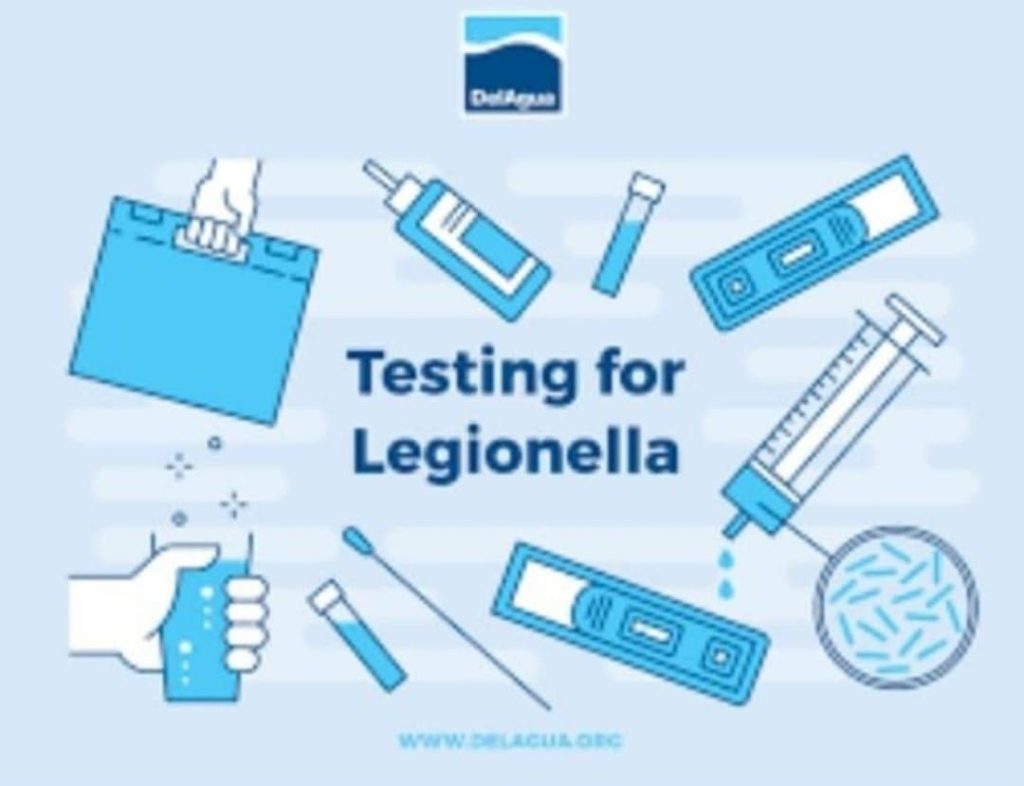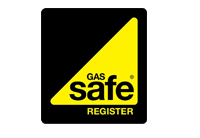Landlords of residential/domestic type accommodation (housing, flats etc) have legal responsibilities for combating and preventing Legionnaires Disease. Health and safety legislation requires that landlord’s carry out Legionella risk assessments for the Legionella bacteria which cause the potentially fatal Legionnaires’ disease.
Most domestic rented premises will be low risk but as it is a potentially fatal pneumonia type disease it is important that you risk assess your rented residential premises.

The practical and proportionate application of health and safety law to landlords of domestic rental properties is that whilst there is a duty to assess the risk from exposure to Legionella to ensure the safety of their tenants, this does not require an in-depth, detailed assessment. The risks from hot and cold water systems in most residential settings are generally considered to be low owing to regular water usage and turnover. A typical ‘low risk’ example may be found in a small building (eg housing unit) with small domestic-type water systems, where daily water usage is inevitable and sufficient to turn over the entire system; where cold water is directly from a wholesome mains supply (no stored water tanks); where hot water is fed from instantaneous heaters or low volume water heaters (supplying outlets at 50 °C); and where the only outlets are toilets and wash hand basins.
A simple assessment may show that there are no real risks and are being properly managed and no further action is needed. It is important to review the assessment in case anything changes in the system.
Implementing simple, proportionate and appropriate control measures will ensure the risk remains low. For most domestic hot and cold water systems, the temperature is the most reliable way of ensuring the risk of exposure to Legionella bacteria is minimised ie keeping the hot water hot, cold water cold and keeping it moving. Other simple control measures to help control the risk of exposure to Legionella include:
The risk is further lowered where instantaneous water heaters (for example combi boilers and electric showers) are installed because there is no water storage.
We’re here to help and answer any questions you might have. We look forward to hearing from you!



